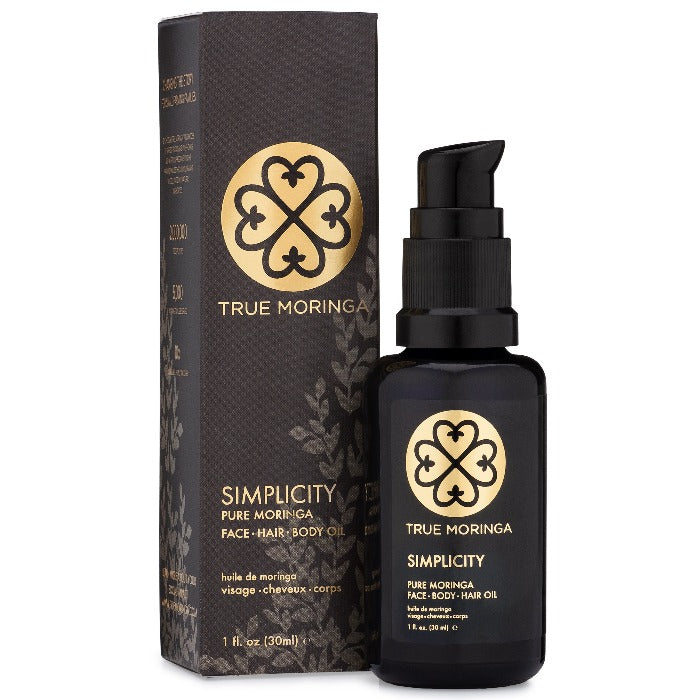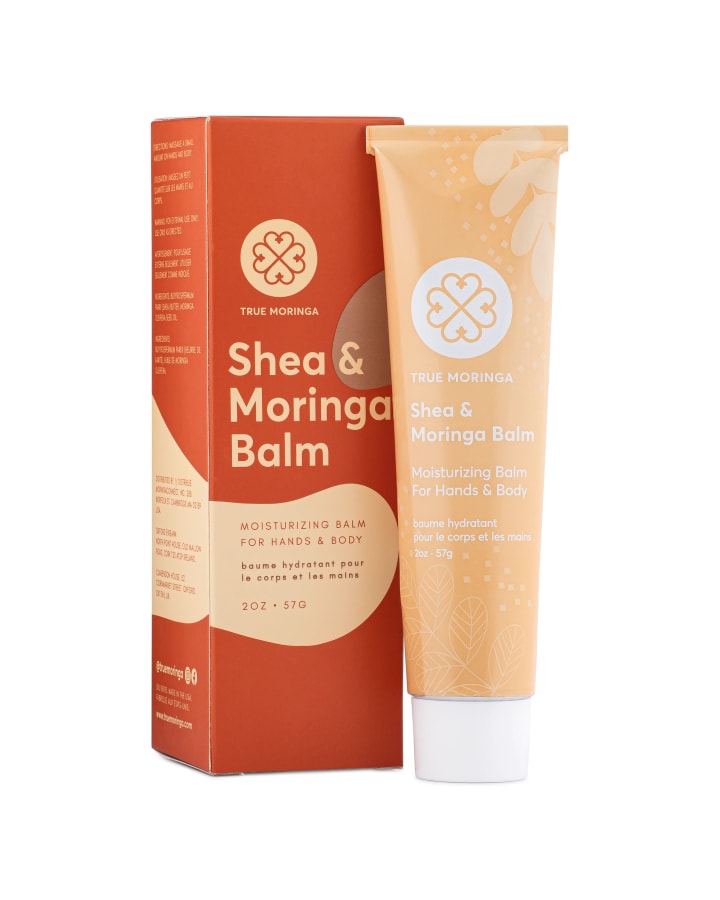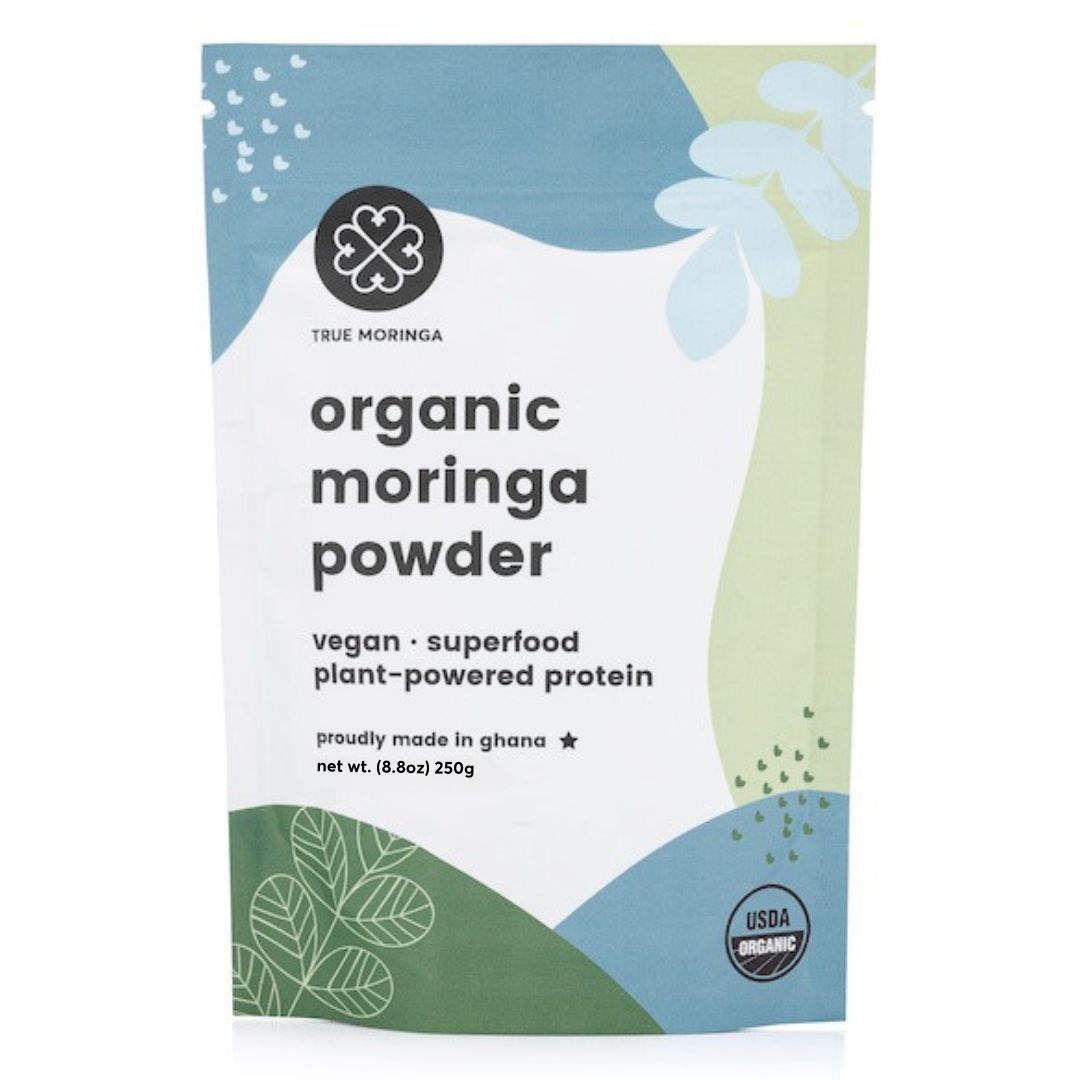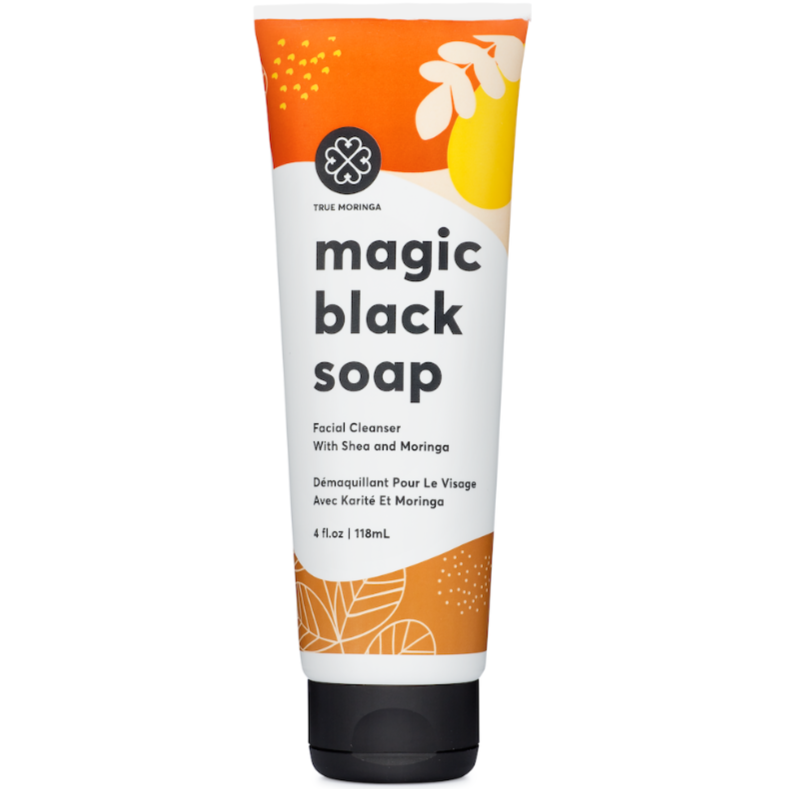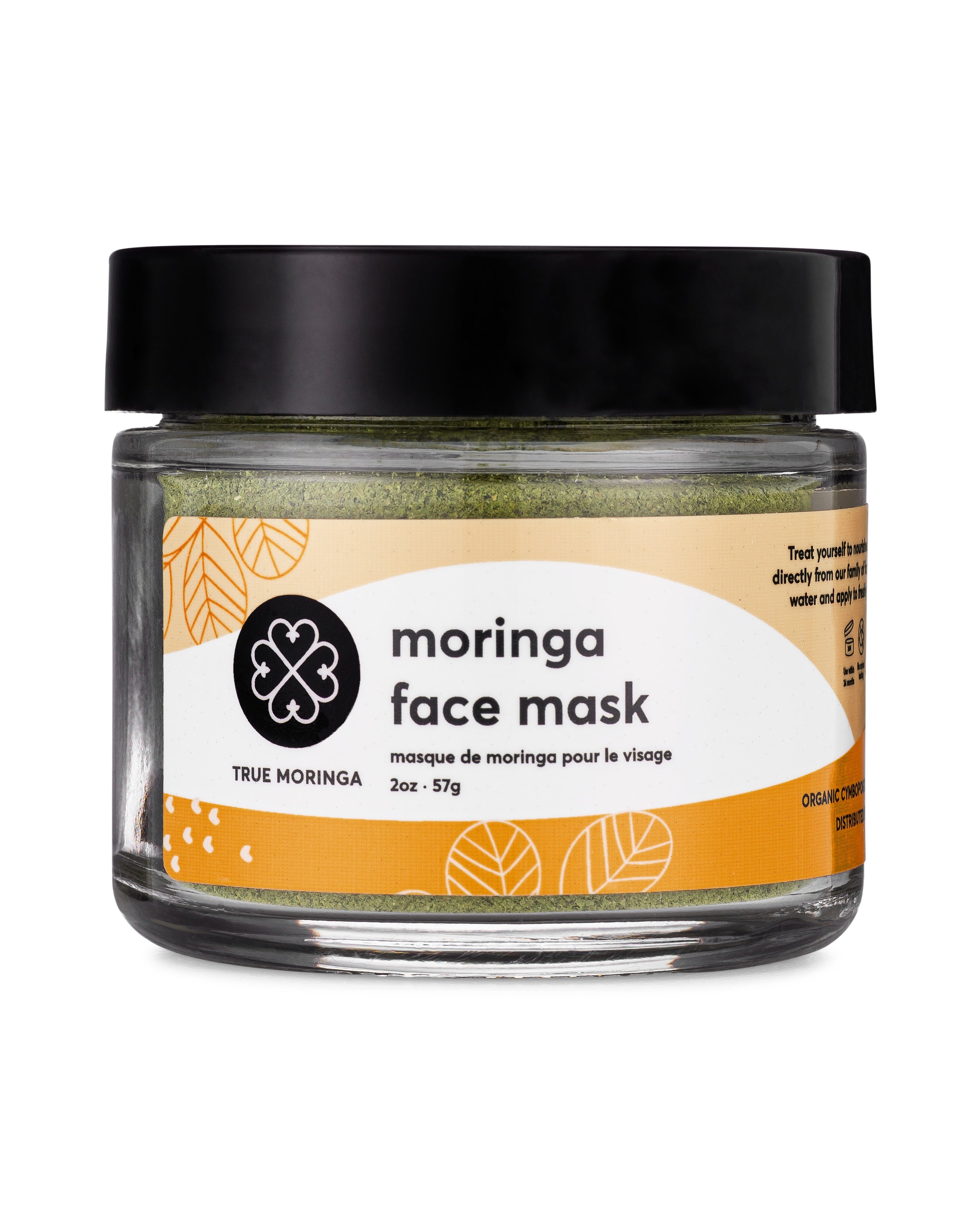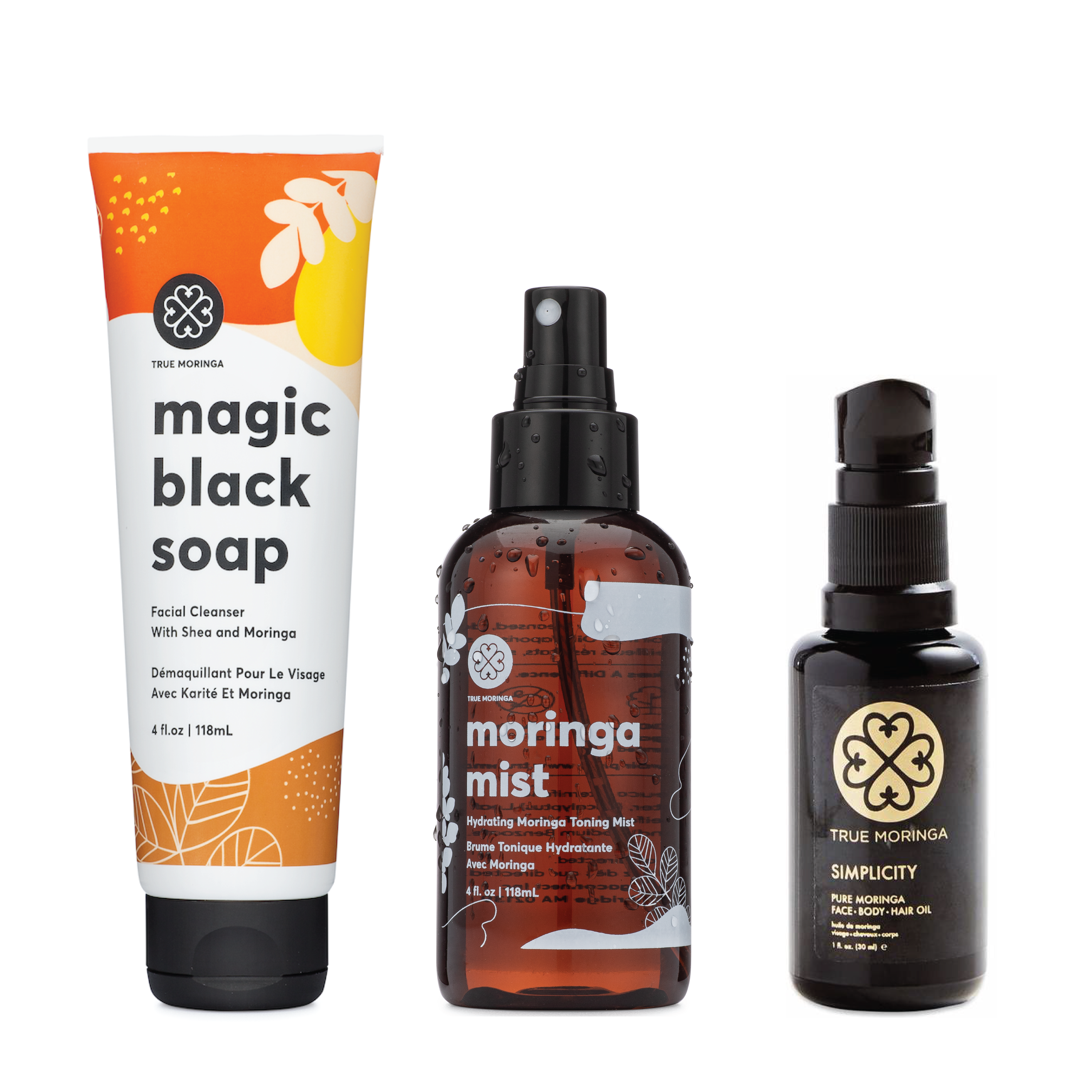


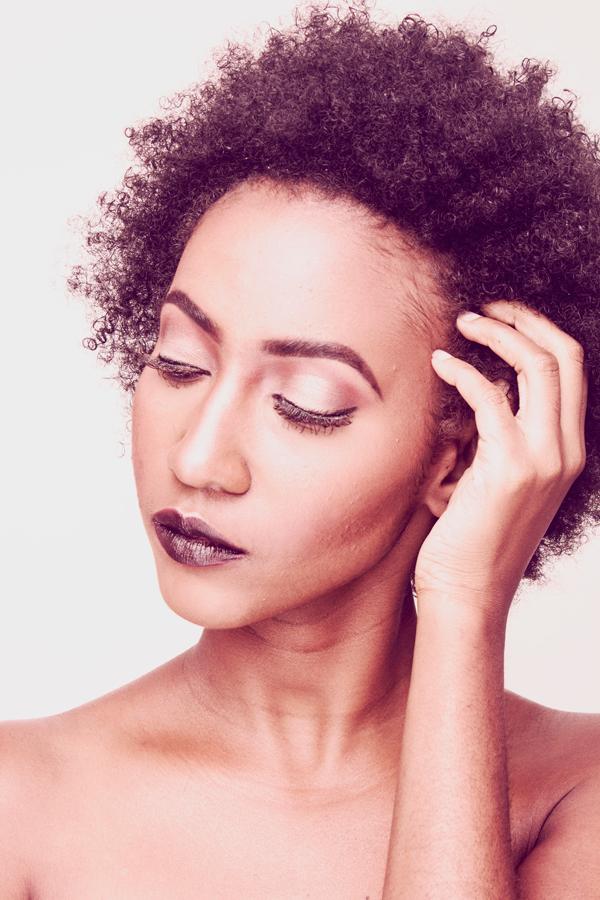
Four Infuriating Myths About Skincare
There’s a lot of self-care misinformation out there to navigate through. I’m not saying there are evil bloggers and dermatologists somewhere getting pleasure from your irritated skin—but skincare theories are constantly evolving, and our understanding of the science behind our beauty routines is changing all the time.
Let’s go through a few classic skincare myths and find out what’s really going on under the surface:
-
Oil Causes Breakouts
This one is the absolute worst because it gets the truth completely backwards. Yes, naturally oily skin is especially prone to acne, but it also forms a protective layer on the surface of our skin that keeps moisture in and environmental debris out. Harsh, alcohol-based products that pride themselves on being “oil-free” actually strip your skin of this essential component, and can cause an overproduction of oil that will make acne worse.
On the other hand, natural oils can actually be used to treat acne. Yes, you read that correctly. A light, easily absorbed facial oil can trick your skin into producing less oil, while the cosmetic oil’s antibiotic and anti-inflammatory properties work to prevent further breakouts.
-
Acne Is For Teenagers
Unfortunately, acne can come at any stage in life—and usually appears at the least convenient moments, as we’ve all experienced. While the changing balance of hormones in the body during puberty is a common cause of acne we’re all familiar with, there are several other triggers to be aware of.
Anything that clogs pores or causes a buildup of bad bacteria on the skin will lead to pimples. A major culprit is makeup, or more specifically, not washing makeup off before bed. Not washing your face after a workout will clog your pores as well. Basically, it’s important to keep your skin clean and free foreign substances that will build up on the surface. However, when you wash your face, especially if you do it several times a day, be sure to use a gentle cleanser that won’t remove the natural oils your skin produces, and follow with a light, breathable moisturizer.
-
All Bacteria Is Bad
It’s already widely known that we need a balance of good and bad bacteria in our gut for a healthy digestive and immune system—but how many of you knew that you also need a balance of good and bad bacteria living on your skin? Once you get passed the “yuck” factor of having microbes crawling around on your body’s surface, it kind of makes sense.
Our skin, being part of our body, is not something that can just be sanitized like a kitchen counter. Using antibacterial soaps and products will leave your skin dried out, rough, and actually more susceptible to breakouts, infections, even eczema. If you do have an infection or chronic acne, consider following your cleansing routine with a probiotic lotion, adding tiny warriors to help fight off the invaders!
-
Modern Technology Can Reverse The Effects Of Aging
It’s true that procedures like Botox and laser skin treatments have made strides in recent years—but will they take 20 years off? Not permanently. Like anything in life, these quick fixes may provide the short-term results you desire, but they won’t last. Such treatments are designed for repetitive use, to keep you coming back (and spending big $$$) every few months, rather than addressing the underlying causes of skin imperfections like wrinkles and blemishes.
Wanna know the real way to tackle the effects of premature aging? Number one is to protect your skin from the sun. Using sunscreen everyday and avoiding UV tanning booths is the ultimate way to prevent premature aging of the skin (not to mention more dangerous consequences like melanoma and other skin cancers). To treat aging imperfections that are already there, we recommend using all natural skin toners and moisturizers containing antioxidants like vitamin C that target deep layers of the skin, promoting collagen growth and evening skin tone.

